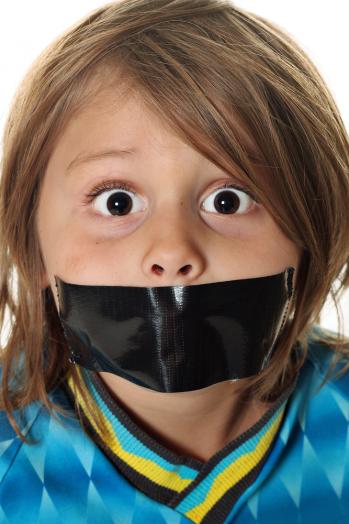Political Correctness
What is Political Correctness?
The term refers to language, ideas, behavior, etc, that is used in political, societal, and public discourse so individuals of a certain gender, sexual orientation, race, culture, ethnicity, religion, belief, age, occupations, etc, are not offended. The topic of political correctness is hotly debated, and numerous pieces of legislation have tried to install the idea of “political correctness” into law.
The Debate over Political Correctness (P.C.)
On one side, proponents of p.c. argue that certain terms should be used in public broadcasts, such as on the radio and television, to ensure members of certain societal groups are not offended. Certain pieces of legislation like the Broadcast Decency Enforcement Act of 2004 have set up fines for people or parties that broadcast “obscene, indecent, or profane language.”
Opponents of p.c. argue that the standards are an obvious attack on the First Amendment rights for the freedom of speech.
On February 5, 2000, Bill Lind compared p.c. to cultural Marxism. He argued that p.c. was a movement toward an ideology that was enforced by the power of the state. He ripped at p.c. and stated the following:
“The name originated as something of a joke, literally in a comic strip, and we tend still to think of it as only half-serious. In fact, it’s deadly serious. It is the great disease of our century, the disease that has left tens of millions of people dead in Europe, in Russia, in China, indeed around the world. It is the disease of ideology. PC is not funny. PC is deadly serious.”
Examples of Political Correctness
Authors Henry Beard and Christopher Cerf provide common examples of p.c. used in political and public discourse in their book titled The Official Politically Correct Dictionary and Handbook. Some of the examples listed in the book include the following:
· using “intellectually disabled” instead of terms like “retarded”
· using “African American” instead of “black,” “negro” or other terms
· using “Native American” instead of terms like “Indian”
· using “Caucasian” instead of terms like “white”
· using words like “visually impaired” or “hearing impaired” instead of “blind” or “deaf”
· using gender-neutral terms like “server” instead of waitress or waiter or “police officer” instead of “policeman”
· using terms like “winter holiday” instead of “Christmas” to respect religious rights
Views on Political Correctness
P.C. is, in large, a truly American term, and other countries have criticized the United States for restricting the rights it was founded upon. Many left opponents of p.c. argue that it’s a social issue rather than a constitutional issue.
In March of 2004, Representative Ron Paul called the Broadcast Indecency Act of 2004 an “indecent attack on the First Amendment. He stated, “And now comes the right’s attack on the first amendment, with its effort to stamp out “indecent” language on the airways. And it will be assumed that if one is not with them in this effort, then one must support the trash seen and heard in the movie theaters and on our televisions and radio.”
Even though legislations has approached the idea of p.c., it is likely to stay a social issue and remain a highly debated topic for years.
Related Topics
- Janet Napolitano
- Froilan Tenorio
- Arthur K. Delaney
- Robert Torricelli
- George Tiller
- War On Terror
- Carl Levin
- Philip E. Tetlock
- Paul Cambria
- Shirley Chisholm
